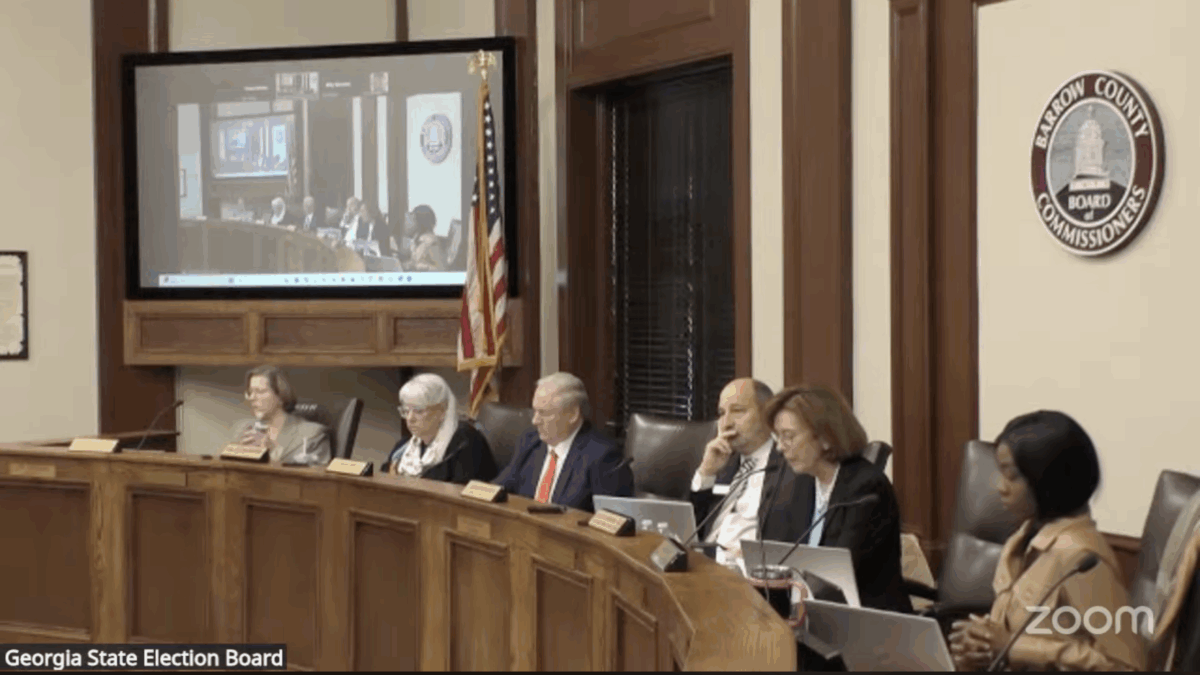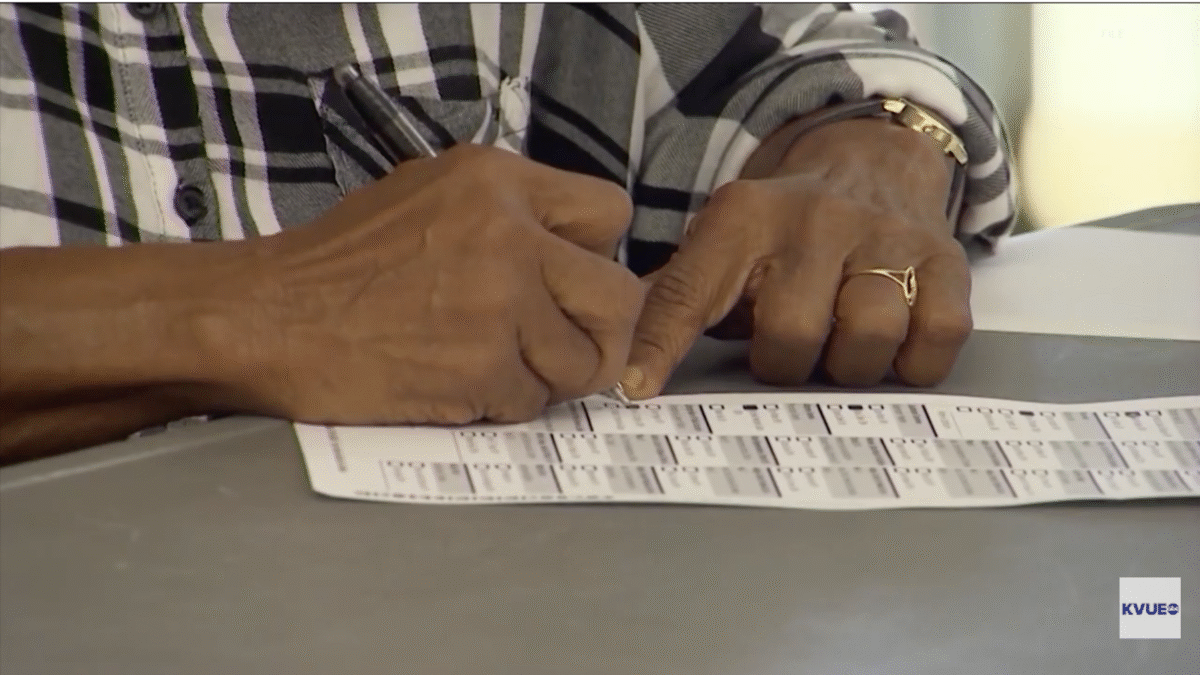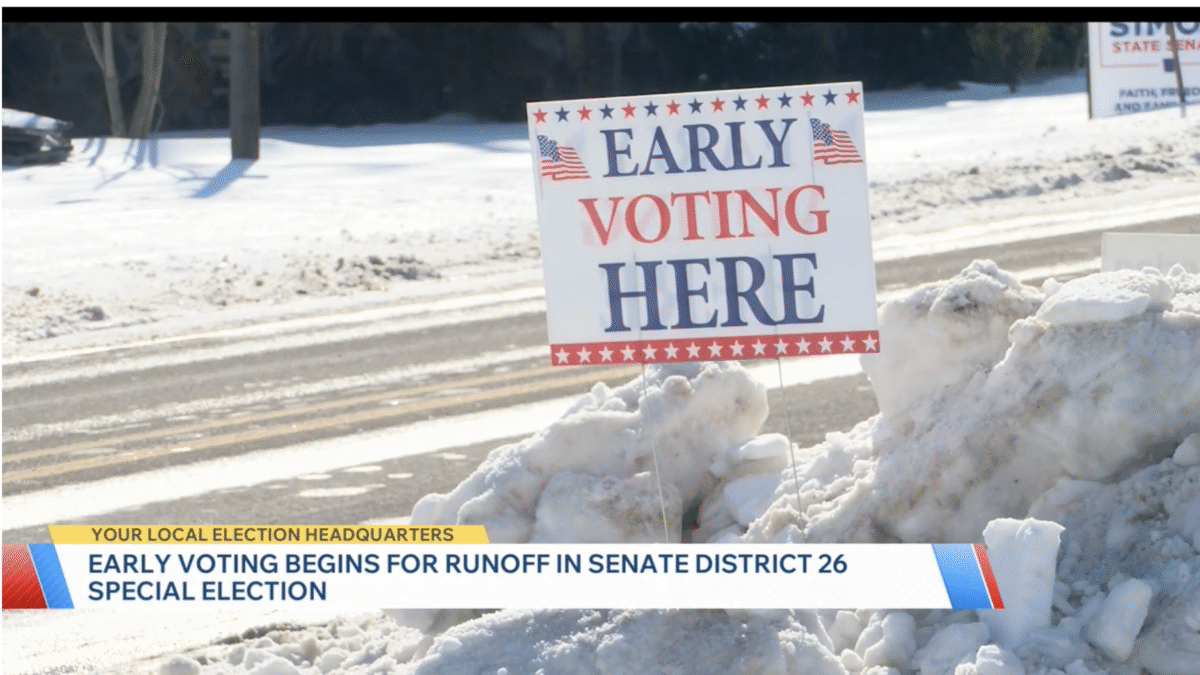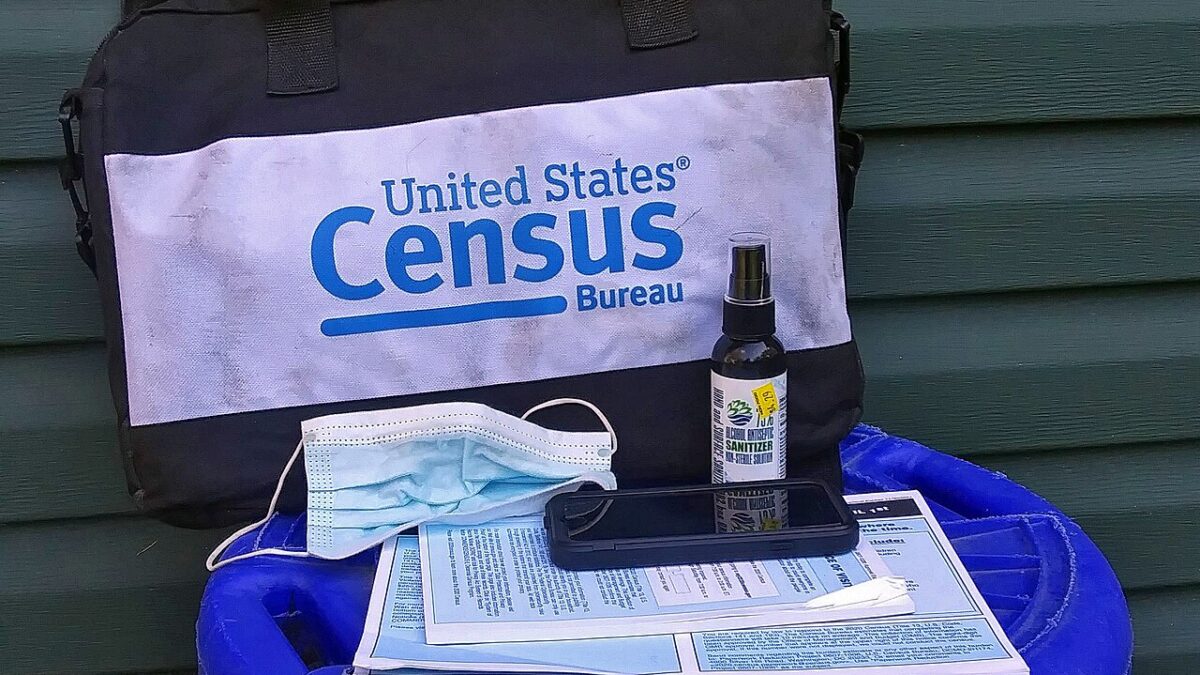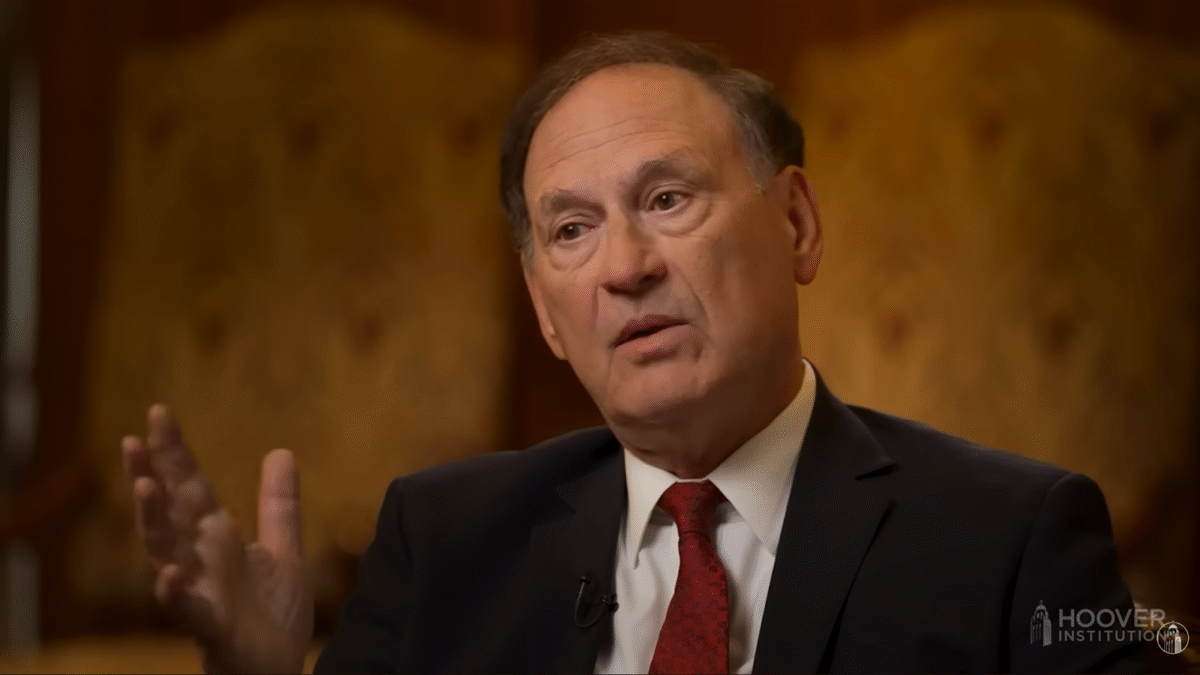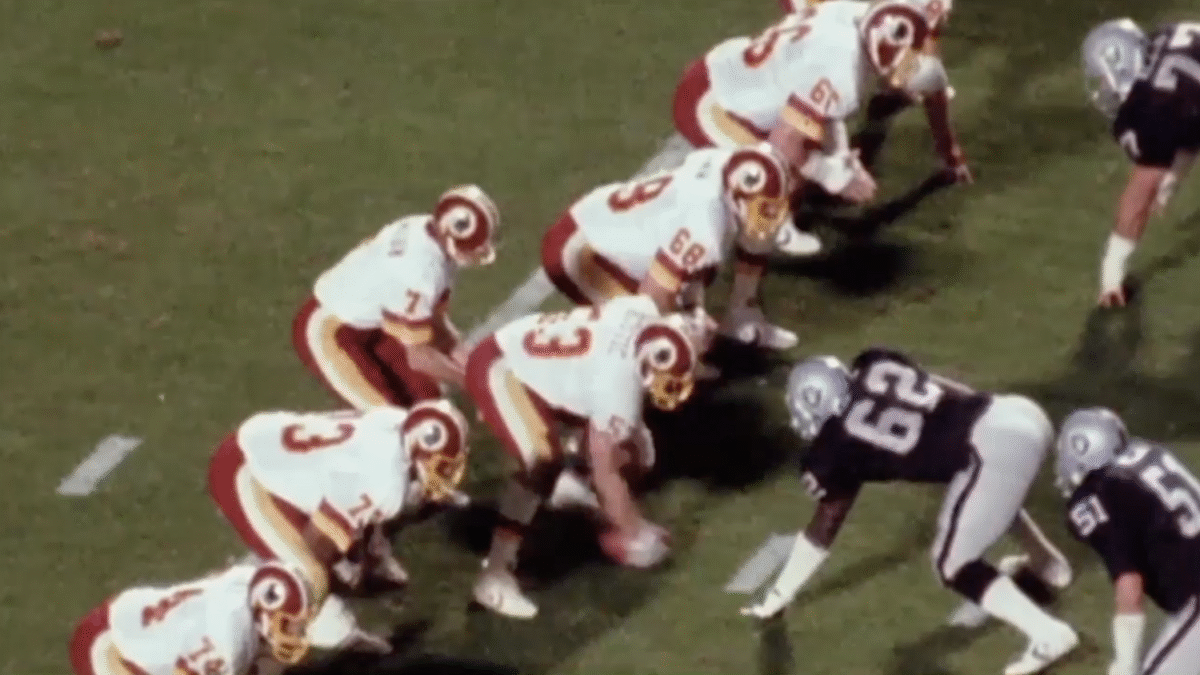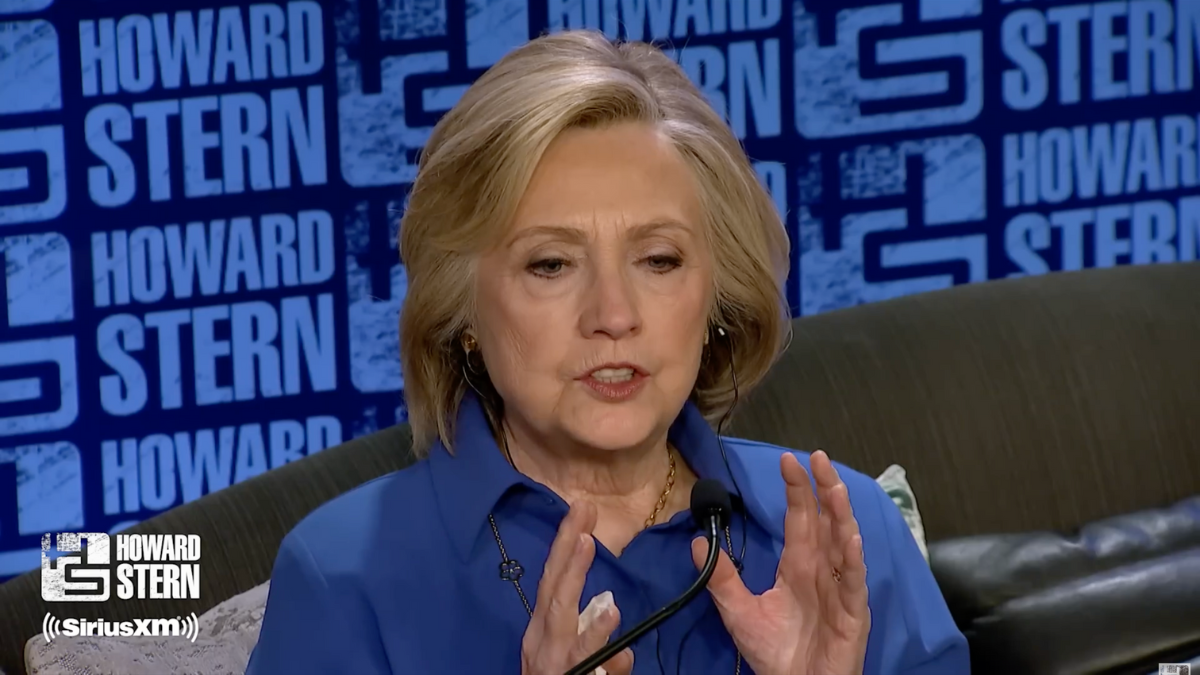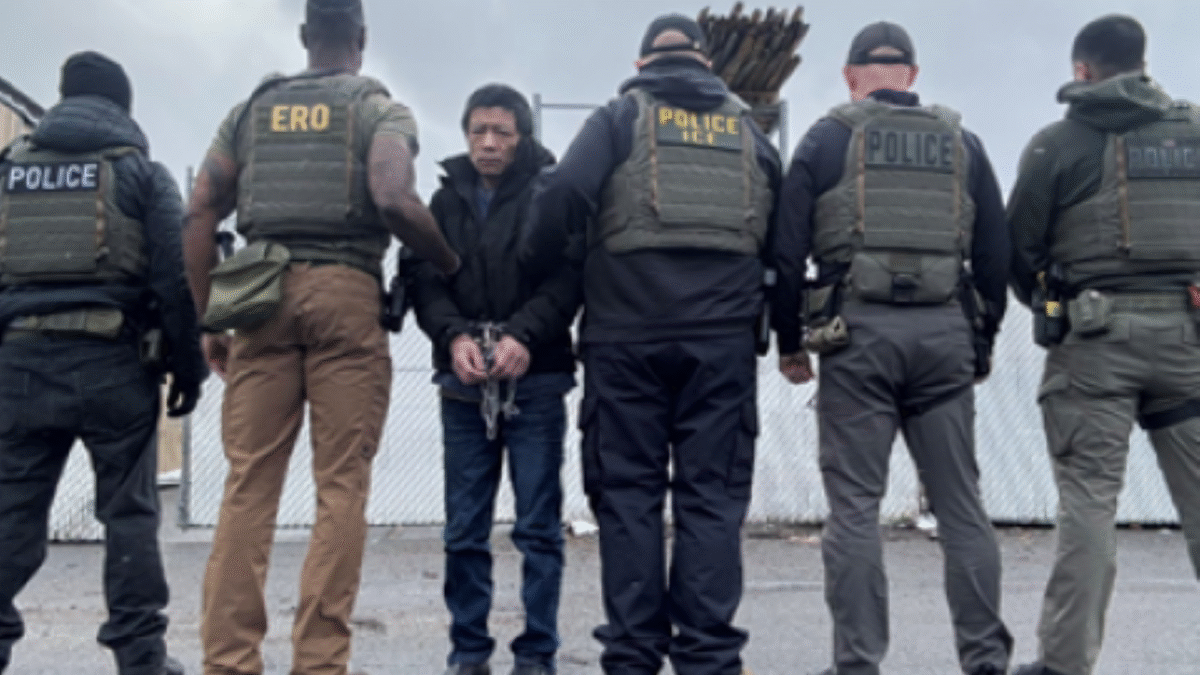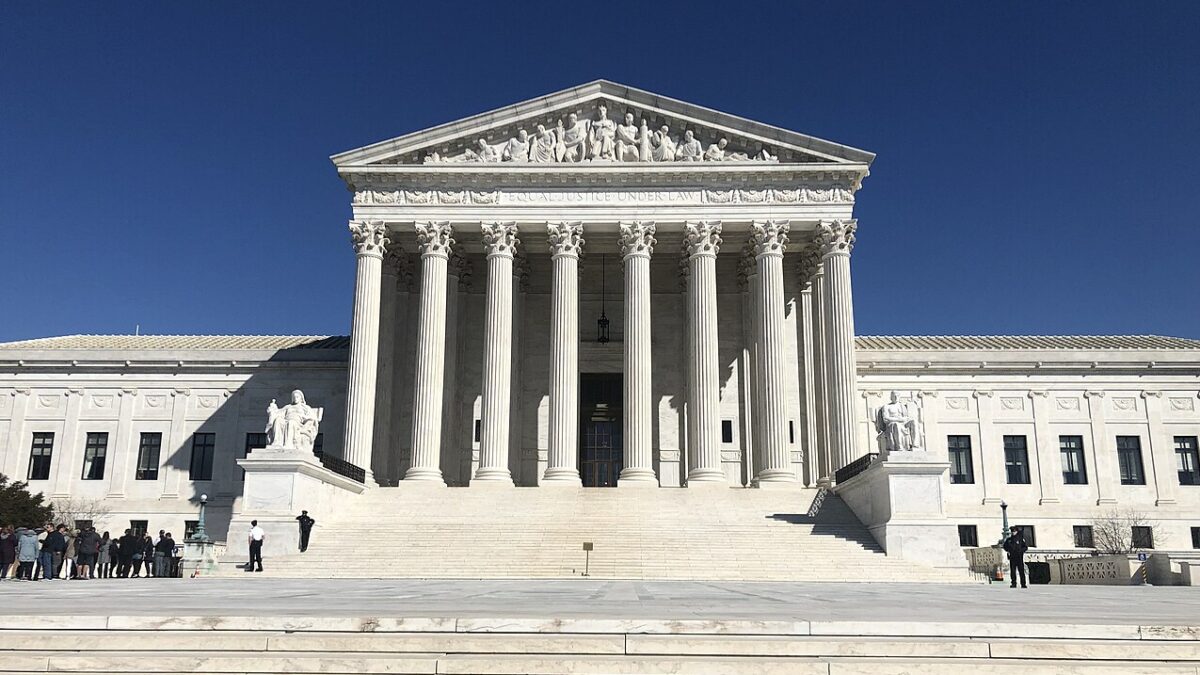
In ruling against the Department of Justice’s weaponization of the law to target political opponents, the Supreme Court just shot down two of special counsel Jack Smith’s four charges against former President Donald Trump — but the fight isn’t over.
The Supreme Court issued a 6-3 decision Friday in Fischer v. United States that found the DOJ inappropriately used federal statute 18 U.S. Code § 1512(c) to prosecute individuals involved in the Jan. 6 riot. The statute carries a 20-year prison sentence for anyone who “corruptly”:
(1) alters, destroys, mutilates, or conceals a record, document, or other object, or attempts to do so, with the intent to impair the object’s integrity or availability for use in an official proceeding; or
(2) otherwise obstructs, influences, or impedes any official proceeding, or attempts to do so.
The statute has been, as my colleague Tristan Justice explained, “the basis for keeping many protesters in jail without bond for months or even years before they reached trial.”
“It’s never before been used in the way the DOJ has applied it to Jan. 6 protesters,” Justice continued.
Chief Justice John Roberts, writing for the majority, warned that the DOJ’s broad interpretation of the statute to charge more than 300 defendants with felonies “would criminalize a broad swath of prosaic conduct, exposing activists and lobbyists alike to decades in prison.”
And while the Supreme Court’s ruling would surely mean that two of the charges against Trump are illegal, President Joe Biden’s DOJ has no plans to go down without a fight.
Smith had already made clear he would attempt to secure a conviction of Trump even if the Supreme Court — as it did — ruled against the DOJ relating to its application of 18 U.S. Code § 1512(c). In a brief filed before the Supreme Court in April asking the Supreme Court to dismiss Trump’s presidential immunity claims, Smith argued:
“Petitioner asserts … that the grant of review in Fischer v. United States … suggests that the Section 1512(c)(2) charges here impermissibly stretch the statute,” Smith wrote. “But whether the Court interprets Section 1512(c)(2) consistently with a natural reading of its text or adopts the evidence-impairing gloss urged by the petitioner in Fischer, the Section 1512 charges in this case are valid.”
Smith also claimed that “the use of falsehoods or creation of ‘false’ documents satisfies an evidence-impairment interpretation,” as pointed out by my colleague Shawn Fleetwood.
Investigative reporter Julie Kelly explained that Smith is arguing that the “alternative electoral certificates” that Trump and his team submitted to Congress “represent ‘documents’ that were fraudulently used in an ‘official proceeding.'” Therefore, Smith argues, the charges should still apply to Trump “based on subsection (1) of the statute even if his ability to prosecute based on subsection (2) is nullified,” Fleetwood explained.
Kelly further explained that Smith would now have to make the case that “Pieces of paper signed and sent by other Americans to protest of a rigged election are now equal to accounting records destroyed in service of covering up a crime.”
So while the Supreme Court nullified the DOJ’s stretch of the statute to charge more than 300 political prisoners, Smith may very well try to bend the statute again to advance the Biden administration’s goal of jailing its primary political opponent.


